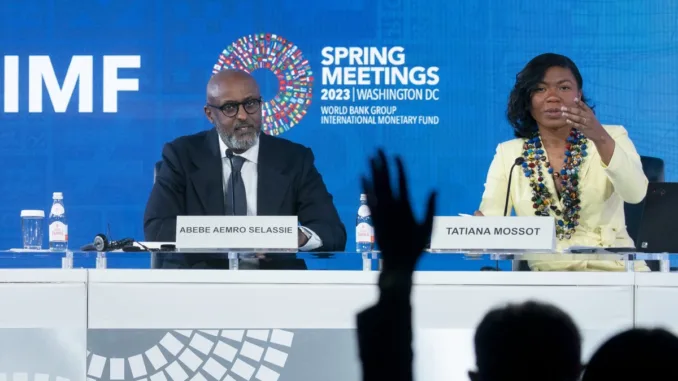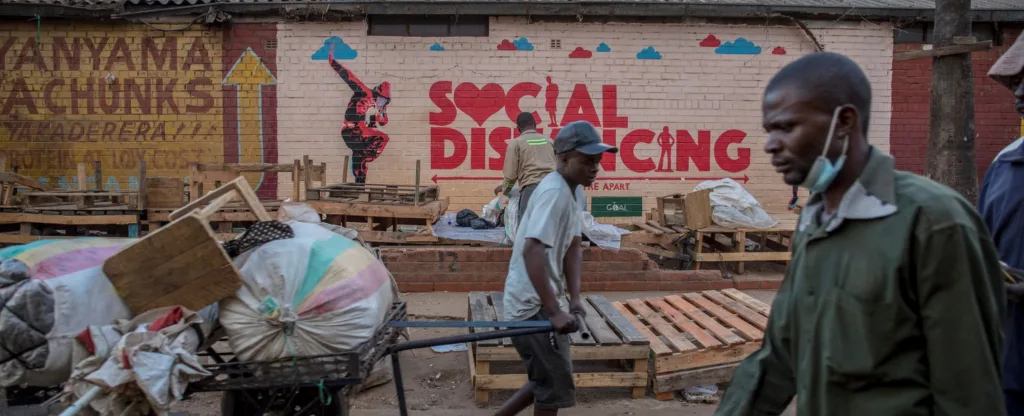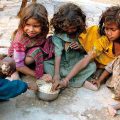
Morocco’s Marrakesh – For the first time since 1973, Africa will host the historic annual meeting of the International Monetary Fund (IMF) and the World Bank. This important conference, which is currently taking place in Marrakesh, Morocco, is shedding light on the problems facing the world economy, particularly those that concern emerging markets and developing countries.
These prestigious gatherings were last held on the African continent in Kenya fifty years ago. The event this year drew notable individuals from all over the world, including a prominent delegation from Egypt. Hassan Abdalla, governor of the central bank and the IMF, and Mohamed Maait, the finance minister, are two of them. They agreed to participate after recently reaching an agreement with the IMF on an Extended Fund Facility (EFF) program worth $3 billion that will run through 2025–2026. It’s important to keep in mind that only a $347 million tranche of this agreement has so far been secured, and two crucial loan reviews are still to come. During the Marrakesh meetings, Rania al-Mashat, Egypt’s Governor to the World Bank and Minister of International Cooperation, will also participate in discussions about these crucial loan agreements.
. Additionally, they are considering reforms to their quota systems. The World Bank’s president, Ajay Banga, has called for an increase in lending capacity of up to $125 billion through contributions from advanced economies. The World Bank has ambitious plans to increase lending by a startling $50 billion over the next ten years. They are also thinking about changing their quota systems.
However, not everybody supports these initiatives. Activist groups, including Oxfam, are organizing a march in Marrakesh to express their opposition to the institutions’ austerity-driven solutions. They contend that such actions worsen wealth disparities in developing countries and compel 57% of the world’s poorest nations to implement a “starvation diet” of $229 billion in spending cuts over the following five years. The executive director of Oxfam International, Amitabh Behar, has criticized the IMF for sending a “failed message.” He urges the cancellation of debt, higher taxes on the wealthy, and immediate action to combat climate change.

Impact on the World and Africa
The continent of Africa stands to benefit greatly from the return of these meetings. It offers a chance to address the urgent economic and financial issues that African countries are facing, encouraging cooperation and looking for solutions to lessen conflicts, poverty, and natural disasters. The addition of a second executive board seat reflects the growing significance of Africa on the world stage.
However, the opposition to some initiatives serves as a reminder that economic policies must be balanced. While increased lending and reforms may be advantageous, discussions must also prioritize addressing wealth inequality and environmental issues.

To ensure a more just and sustainable future for Africa and the rest of the world, it is essential to find common ground between the aspirations of the institutions and the demands of activists. Undoubtedly, the Marrakesh meetings will be crucial in determining the future course.
. The Marrakesh meetings will undoubtedly play a pivotal role in shaping the path forward.


